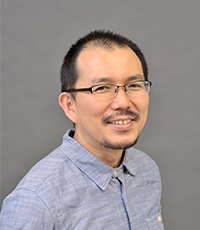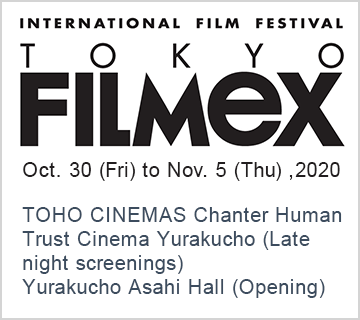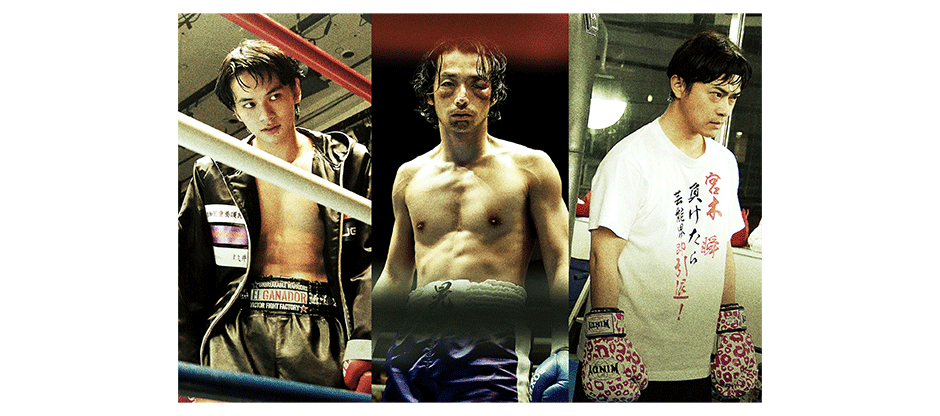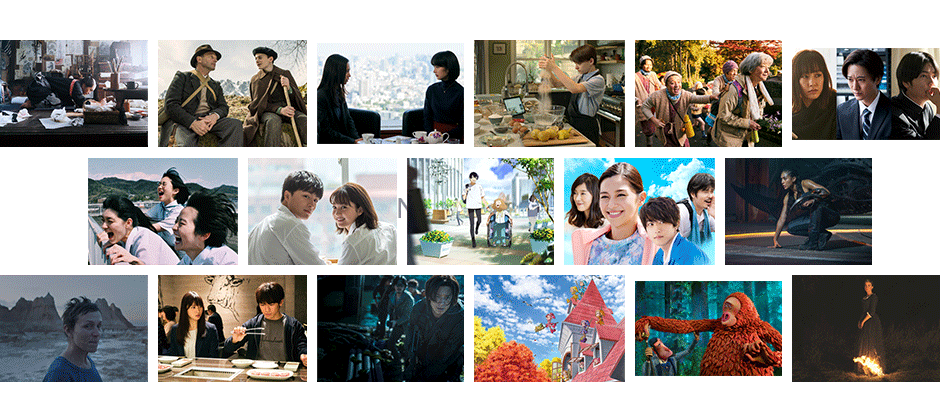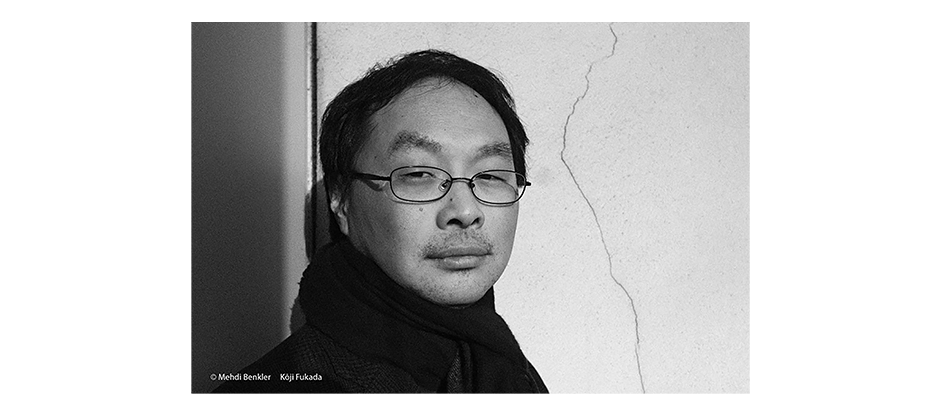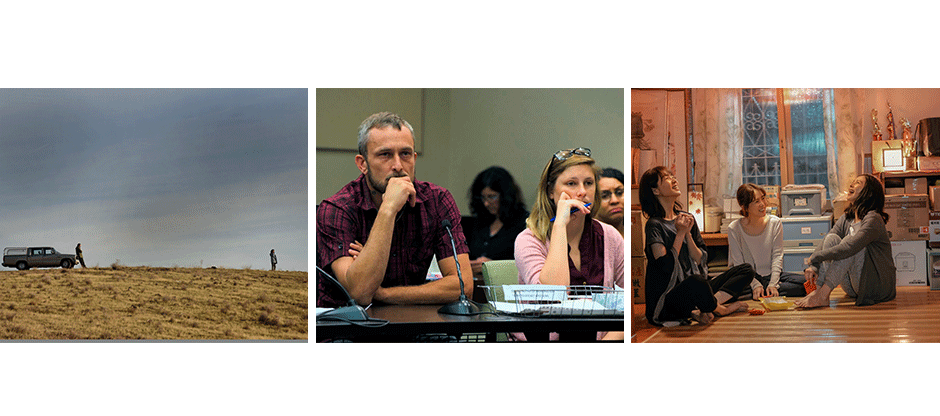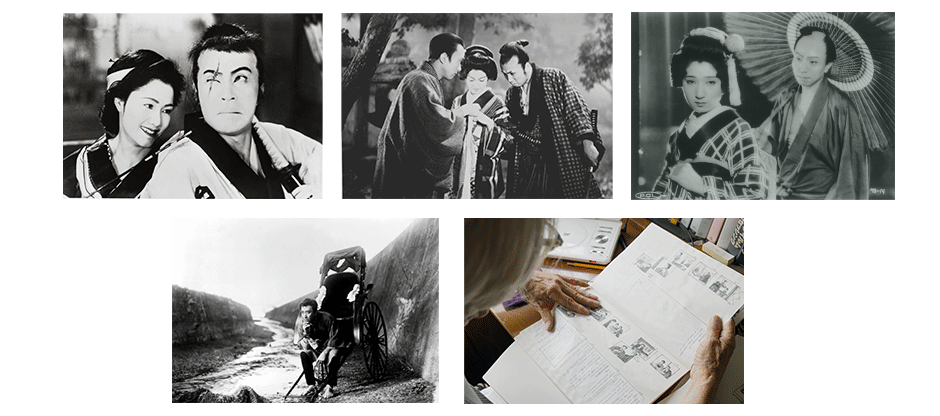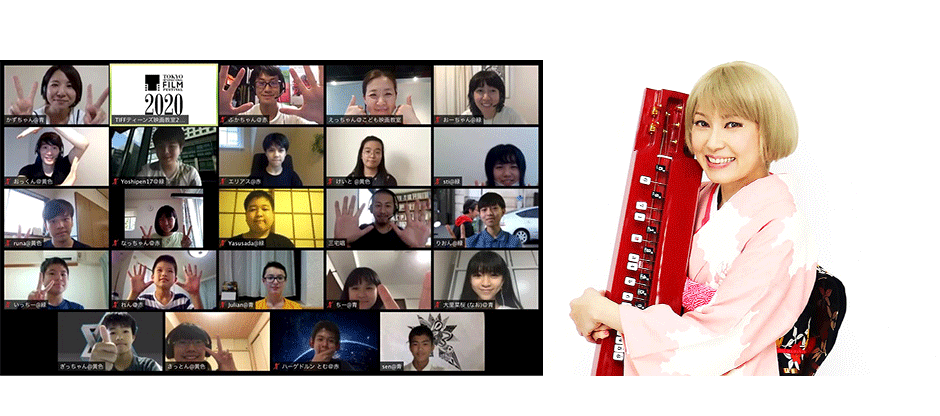-
Films
-
Main sections / Committee MembersMain sections
Focusing on world and Asian premieres, Tokyo Premiere 2020 will showcase 32 films from across the globe, by both veterans and emerging directors. Maintaining our usual balance among regions and the selection criteria of TIFF’s three main competition sections, this special lineup will allow audiences to enjoy, on an equal footing, a diversity of films from international and Japanese directors in all stages of their careers.
for the 33rd TIFF
We have established a new selection committee this year, which will allow TIFF to benefit from the knowledge, diversity and wide-ranging backgrounds of outside experts.
The Audience Award will be given to a film selected by the audience in the Tokyo Premiere 2020 section.
*Unlike previous years, no other awards will be selected / awarded this year.
The Special Screenings section is a glamorous showcase of premiere screenings for high-profile large scale films that are yet to be released in Japan. Many guests associated with the films will make appearances at events held throughout the festival.
A section that provides an overview of today’s Japanese cinema, Japan Now this year will showcase the works of Koji FUKADA. Fukada is a rare filmmaker whose films capture the reality of us in relation to the world that surrounds us, and then project that onto the relationship between the audience and the screen. The section will be showcasing five of his works, including his shorts and a number of his features from his most early works to his most recent, The Real Thing. Such uncertain times like these might be the opportune time to reflect upon Fukada’s work, which is very much grounded in society and reality.
The World Focus section presents notable works from various international film festivals, films that have yet to be released in Japan, and Japanese films that have won much acclaim in international film festivals. This year’s World Focus will feature Taiwanese films and will also enjoy its second collaboration with the Latin Beat Film Festival. World Focus showcases internationally acclaimed films, many of which later secure a theatrical release in Japan.
Japanese Animation will feature world-renowned characters that have their origins in Japanese animation and VFX. This year's section will showcase the theatrically released animated films from the "Pokémon" franchise along with a retrospective of The Super Sentai Series starting with "Gorenger" which is celebrating its 45th anniversary. Another highlight will be a series of screenings that will offer an overview of the current state of today's Japanese animated features.
This year, Japanese Classics will showcase restored versions of three still-existing films by genius filmmaker Sadao YAMANAKA. Restoration was conducted in collaboration with the Japan Foundation. Also beautifully brought back to life will be master filmmaker Hiroshi INAGAKI's timeless masterpieces. It would be no mistake to say that all of the films presented in this year's Japanese Classics are among the greatest Japanese films ever made.
TIFF Youth delivers opportunities for young boys and girls to experience the wonders of cinema. In TIFF 2020: Teens Meet Cinema, junior high school students will virtually gather to make a film and showcase their incredible talent on screen. TIFF Children for elementary school children will be showing silent classics with live performances, which they are sure to enjoy with their parents. In TIFF Teens, the section will select from a roster of highly acclaimed international film festival entries to showcase youth-focused films that are sure to inspire the participating high school students. By offering the experience of seeing the power and beauty of cinema on the big screen, and showing the vast world that cinema reflects, TIFF believes that it can help cultivate a new generation of cinema enthusiasts.
for the 33rd TIFF
Kohei ANDO
Ando, who in his youth worked with Shuji Terayama, is known for his refined and creative expressivity as a filmmaker. He is a global pioneer in incorporating Hi-vision techniques into filmmaking. His films have received numerous awards, including the Silver Maile Award at the Hawaii International Film Festival and the Grand Prize at the International Electronic Cinema Festival in Montreux. His works are included in the collections of major art museums and film libraries in Paris, New York, Los Angeles, Tokyo and elsewhere. In both 2001 and 2005, Ando retrospectives were held in Paris. He is also a professor emeritus at Waseda University.
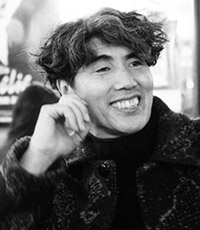
Kenji ISHIZAKA
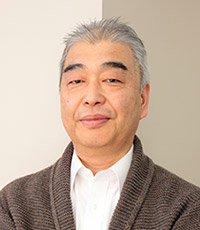
Shozo ICHIYAMA
Born in 1963. Placing his producing base in Shochiku Company, Limited and Office Kitano Inc., Ichiyama mainly produced works by the foreign filmmakers. His major films included Hou Hsiao-Hsien's "Flowers of Shanghai" (1998), Cannes Film Festival Jury Prize winning director Samira Makhmalbaf's "Blackboards" (2000), and Cannes Film Festival Best Screenplay winner "A Touch of Sin" (2013) directed by Jia Zhangke. He was also in charge of selecting films for the Tokyo International Film Festival from 1992 to 1999. In 2000, he launched the Film Festival Tokyo FILMeX and served as the director. Since 2013, he has been serving as a visiting professor in the Tokyo University of the Arts, Graduate School of Film and New Media. He is the recipient of the 2019 Kawakita Award.
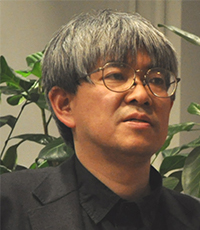
Yuka KINBARA
Following her graduation from the university, Kanbara went on to select the career path in the film industry while she was involved in a film investment project at a leasing company. Since the 1990s, she has been involved in numerous interviews and film reviews focusing on Japanese films. As an author, she co-authored a collection of reviews on girlhood and violence in movies titled, "Broken Girl - Utsukushi-ku Kowasu Shojo-tachi” (Broken Girl - Girls Who Break Beautifully) published by Film Art. She also co-authored a collection of reviews with the art director, Yohei Taneda on art directors who supported the golden age of Japanese cinema titled “Densestu no Eiga Bijutsu Kantoku-tachi” (Legendary Film Art Directors x Yohei Taneda) published by Space Network. She was in charge of full-length interviews with Tadanobu Asano, Satoshi Tsumabuki, and Masatoshi Nagase in the Kinema Junpo "Actor's File" series.
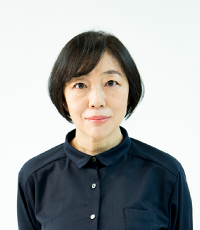
Yuko SEKIGUCHI
Graduated from Tokyo Gakugei University, Sekiguchi has served as the managing editor-in-chief of "Kinema Junpo" and the editor-in-chief of "Variety Japan", the Japanese version of the US entertainment business newspaper "VARIETY". She has served for Ministry of Internal Affairs and Communications - Intellectual Property Strategy Headquarters - Content Licensing Conference, Agency for Cultural Affairs Grant Conference, Agency for Cultural Affairs Film Promotion Roundtable, Corporate Mesena Conference, International Film Festival Jury, Japan Arts Council Film Festival Division Chief, Agency for Cultural Affairs - Art Selection Judge. She has also served as a juror for the Mainichi Film Concours.
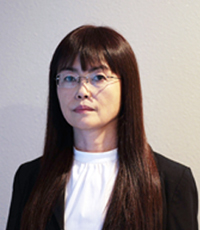
Yoshi YATABE
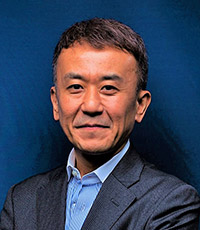
Kenji ISHIZAKA
Ishizaka began researching and critiquing Asian and documentary films after majoring in film studies in Waseda University's Graduate School. He planned and managed an Asia Middle-East Film Festival Series from 1990 to 2007 for the Japan Foundation. He has been a Programming Director of TIFF since its 20th edition in 2007. He concurrently holds the position of the professor and dean of Japan Institute of the Moving Image. He has written several books including "Dynamic Southeast Asian movies - Multicultural, transboundary and solidarity-" published by Ronsosha.
Yoshi YATABE
Yatabe entered the film distribution and advertising business after working for the Industrial Bank of Japan (currently Mizuho Bank). He also has produced documentaries and managed the Festival du Film Français au Japon. Joining TIFF in 2002, he oversaw the Programming Division and served as Programming Director for the Japanese Eyes section (17-25th TIFF) and Japanese Cinema Splash (26th TIFF). In 2007, he assumed the position of Competition Programming Director for TIFF.
Masami ENDO
Yuki KANEKO
Kumiko YASUDA
Ryota FUJITSU
Born in 1968 in Shizuoka prefecture. Originally a newspaper reporter and weekly magazine editor, Fujitsu started writing about animation in 2000. Also a lecturer at Tokyo Polytechnic University, his published work includes "Channeru Wa Itsumo Anime" (NTT Publishing), "Purofeshonaru 13 Nin Ga Kataru Watashi no Seiyudo" (Kawade Shobo Shinsha), and "Bokura ga Anime wo Miru Riyu" (Film Art Inc.)
